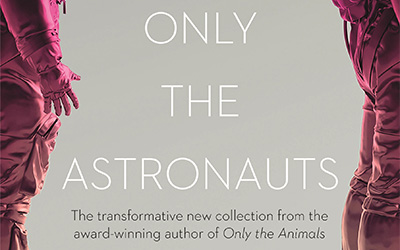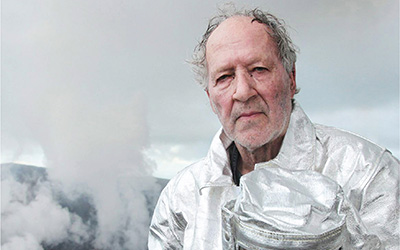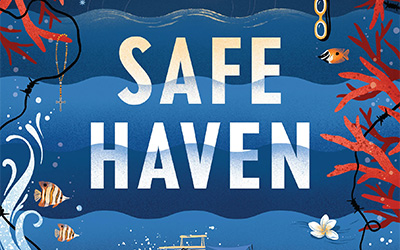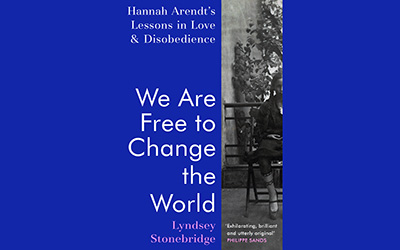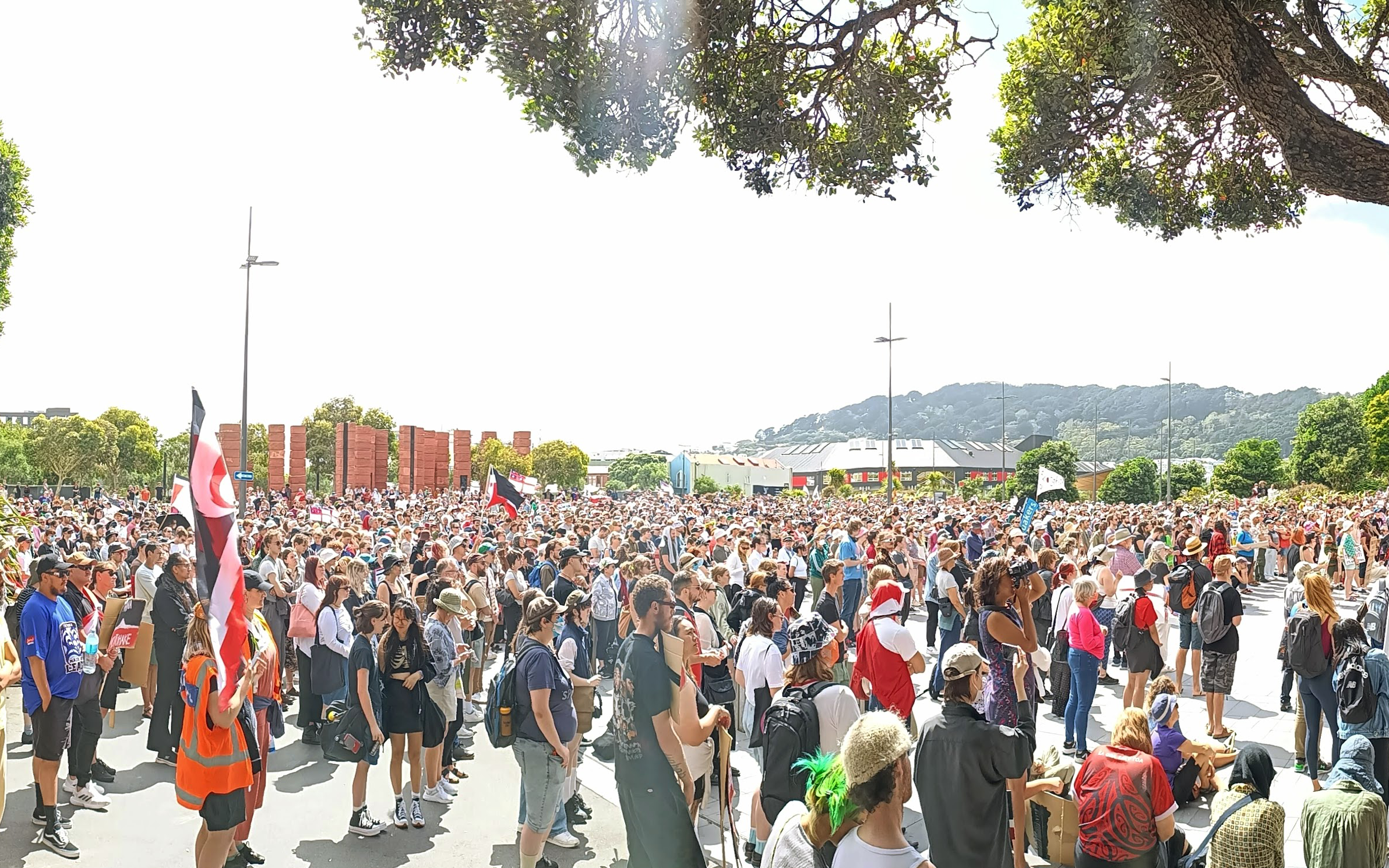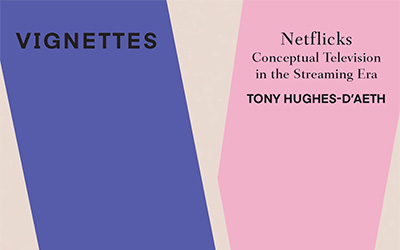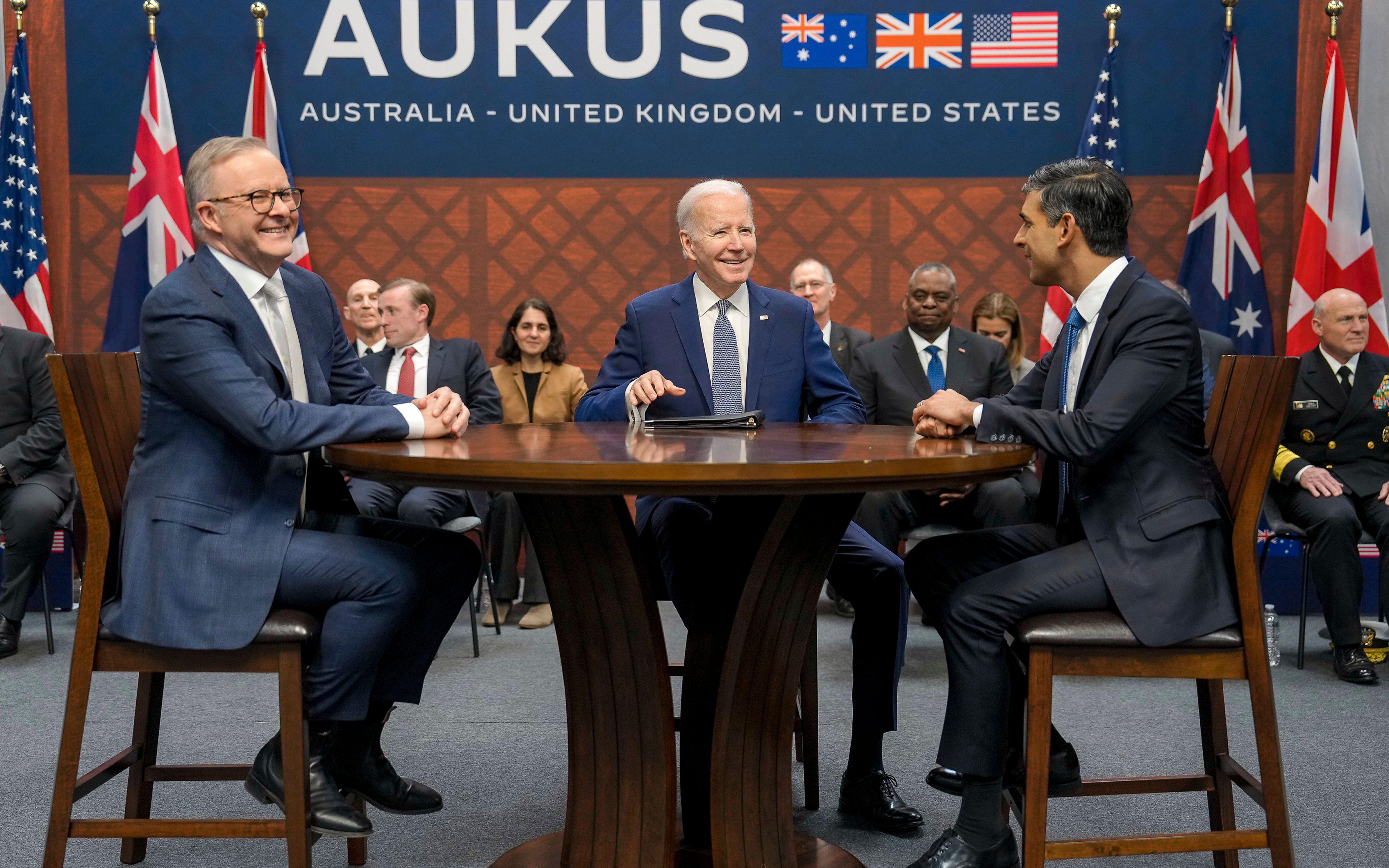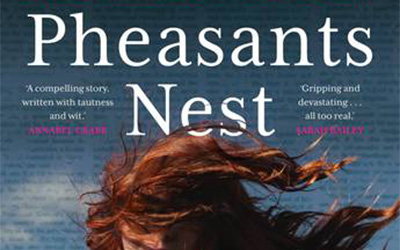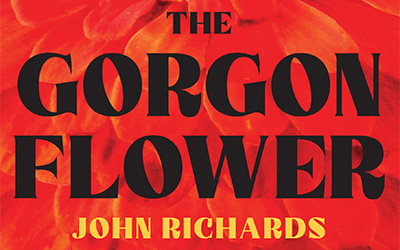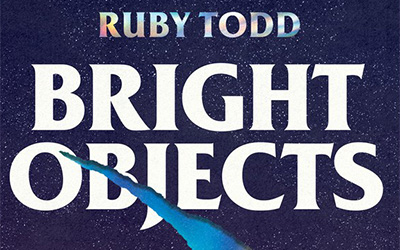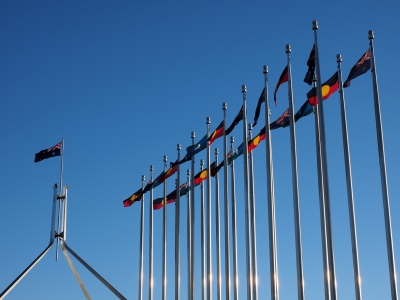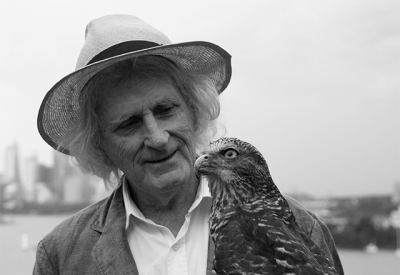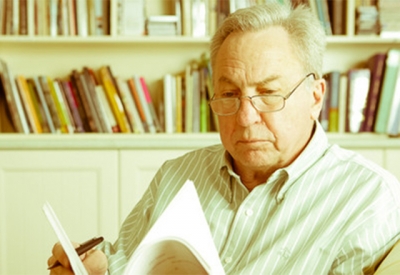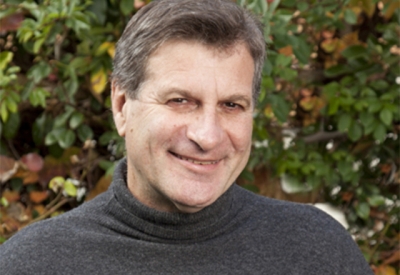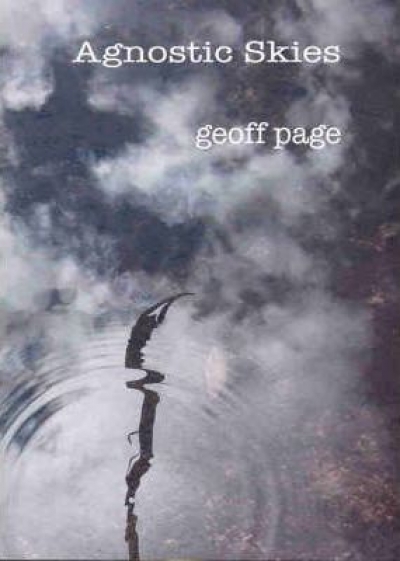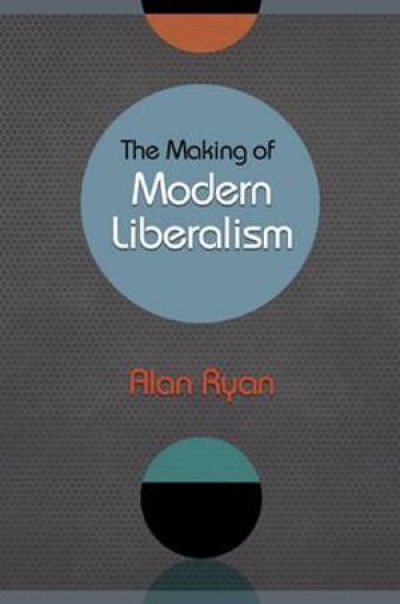Fiction
Only the Astronauts by Ceridwen Dovey
In late 1999, NASA announced that its Mars Climate Orbiter, a multi-million-dollar robot probe designed to study the weather and climate of Mars, was lost somewhere in space. The craft had failed to manoeuvre into its optimal orbit, ending either on a course towards the sun or in a fatal collision with the red planet. Investigations uncovered the source of the blunder: one team working on the orbiter had been using metric measurements, another team had been using imperial.





